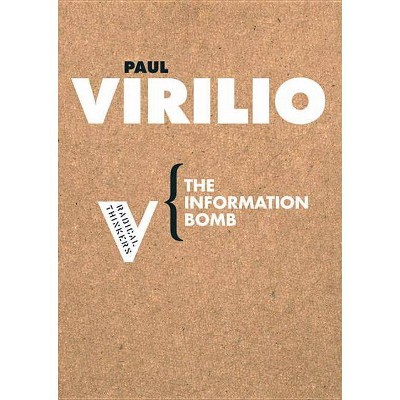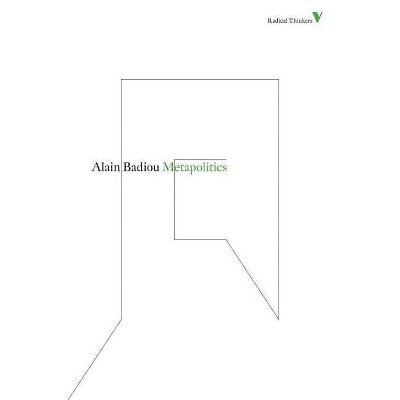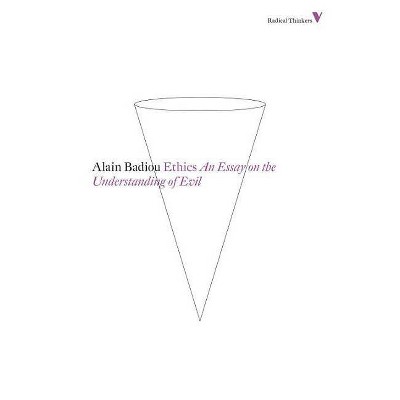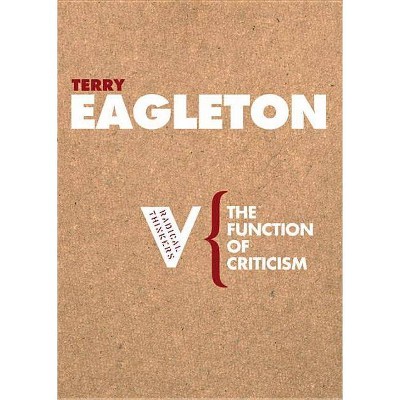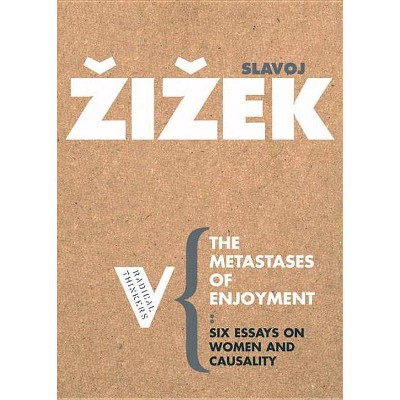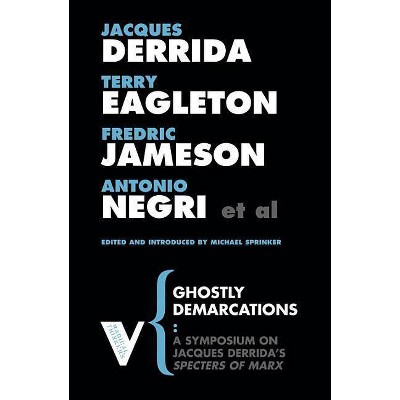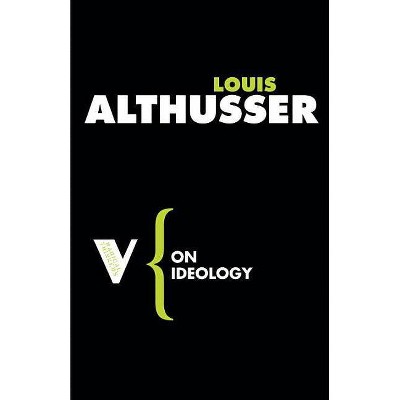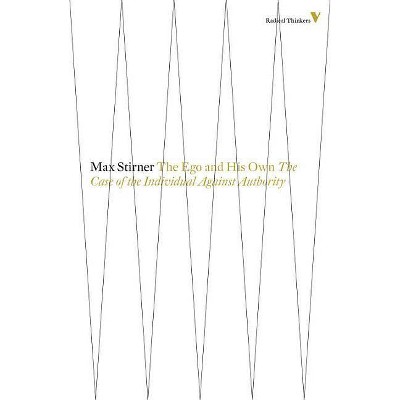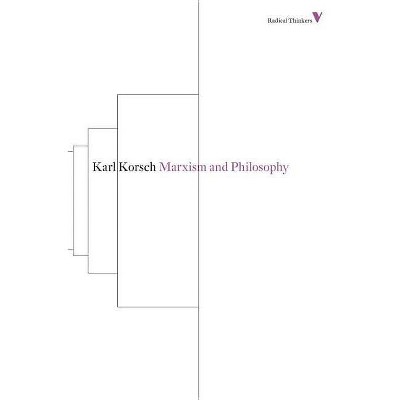The Emergence of Social Space - (Radical Thinkers) by Kristin Ross (Paperback)
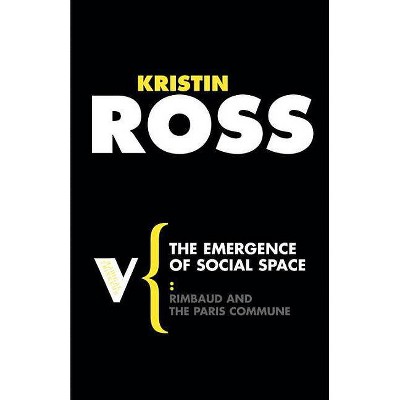
Similar Products
Products of same category from the store
AllProduct info
<p/><br></br><p><b> About the Book </b></p></br></br>A thrilling rise through the literature of Rimbaud in a France in the throes of revolution.<p/><br></br><p><b> Book Synopsis </b></p></br></br>The 1870s in France - Rimbaud's moment, and the subject of this book - is a decade virtually ignored in most standard histories in France. Yet it was the moment of two significant spatial events: France's expansion on a global scale, and, in the spring of 1871, the brief existence on the Paris Commune - the construction of the revolutionary urban space. Arguing that space, as a social fact, is always political and strategic, Kristin Ross has written a book that is at once a history and geography of the Commune's anarchist culture - its political language and social relations, its values, strategies, and stances. <p/>Central to her analysis of the Commune as a social space and oppositional culture is a close textual reading of Arthur Rimabaud's poetry. His poems - a common thread running through the book - are one set of documents among many in Ross's recreation of the Communard experience. Rimbaud, Paul Lafargue, and the social geographer Élisée Reclus serve as emblematic figures moving within and on the periphery of the Commune; in their resistance to the logic and economy of the capitalist conception of work, in their challenge to work itself as a term of identity, all three posed a threat to the existing order. Ross looks at these and other emancipatory notions as aspects of Communard life, each with an analogous strategy in Rimbaud's poetry. Applying contemporary theory, to a wealth of little-known archival material, she has written a fresh, persuasive, and original book.<p/><br></br><p><b> Review Quotes </b></p></br></br><br>"A fascinating cultural history of the Commune."<br><b>--Tariq Ali </b> <p/>"A rare example of cultural studies done with zest as well as depth."<br><b>--<i>New Statesman & Society</i></b><br><p/><br></br><p><b> About the Author </b></p></br></br><b>Kristin Ross</b> is a professor of comparative literature at New York University. She is the author of numerous books, including <i>Fast Cars, Clean Bodies: Decolonization and the Reordering of French Culture</i> and <i>May '68 and its Afterlives</i>. <p/><b>Terry Eagleton</b> is Professor of Cultural Theory and John Rylands Fellow, University of Manchester. His other books include <i>Ideology</i>; <i>The Function of Criticism</i>; <i>Heathcliff and the Great Hunger</i>; <i>Against the Grain</i>; <i>Walter Benjamin</i>; and <i>Criticism and Ideology</i>, all from Verso.
Price History
Price Archive shows prices from various stores, lets you see history and find the cheapest. There is no actual sale on the website. For all support, inquiry and suggestion messagescommunication@pricearchive.us

